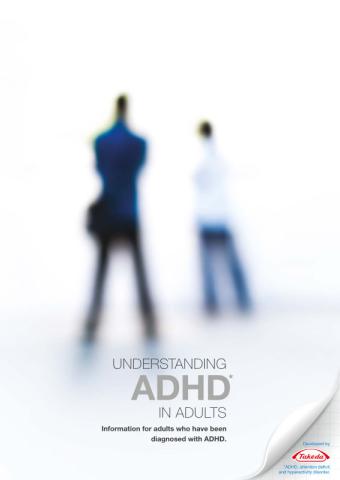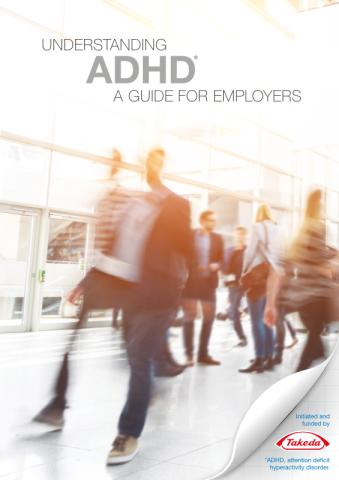What is ADHD?
 ADHD is a neurodevelopmental disorder – that means it is a disorder of brain development that affects behaviour. The symptoms of ADHD are inattention, hyperactivity and impulsivity. ADHD is diagnosed when these symptoms make life considerably more difficult on a social, academic or occupational level, although the presentation of ADHD is very variable, with different people affected in different ways.
ADHD is a neurodevelopmental disorder – that means it is a disorder of brain development that affects behaviour. The symptoms of ADHD are inattention, hyperactivity and impulsivity. ADHD is diagnosed when these symptoms make life considerably more difficult on a social, academic or occupational level, although the presentation of ADHD is very variable, with different people affected in different ways.
Who has ADHD?
 ADHD was once considered to be a childhood disorder where symptoms reduced as you got older, but it is now known to continue into adulthood in more than half of people (studies estimate around 50–65% of people).
ADHD was once considered to be a childhood disorder where symptoms reduced as you got older, but it is now known to continue into adulthood in more than half of people (studies estimate around 50–65% of people).
 As you get older, the type of symptoms you experience may change. For example, you may feel less physically hyperactive or you may have learned to cope with some of your symptoms.
As you get older, the type of symptoms you experience may change. For example, you may feel less physically hyperactive or you may have learned to cope with some of your symptoms.
 ADHD is slightly more often diagnosed in men compared with women.
ADHD is slightly more often diagnosed in men compared with women.
 Research suggests that around one in 30 adults have ADHD although this varies from country to country.
Research suggests that around one in 30 adults have ADHD although this varies from country to country.
Useful Links
Patient support organisations
- ADHD Foundation – Adults – https://adhdfoundation.org.uk/
- ADHD Solutions – https://www.adhdsolutions.org/
- The National Attention Deficit Information and Support Service (ADDISS) – https://www.addiss.co.uk
- Scottish ADHD coalition – https://www.scottishadhdcoalition.org
Professional organisations
- UK Adult ADHD Network (UKAAN) – https://www.ukaan.org
- National Health Service – Overview ADHD – https://www.nhs.uk/conditions/attention-deficit-hyperactivity-disorder-adhd/
- Royal College of Psychiatrists – ADHD in adults – https://www.rcpsych.ac.uk/mental-health/problems-disorders/adhd-in-adults
- National Institute for Health and Care Excellence (NICE) guideline NG87 – Information for the public – https://www.nice.org.uk/guidance/ng87/informationforpublic
You are now leaving www.adhdandyou.co.uk. You will be re-directed to an external website. Takeda accepts no responsibilty for the content of other websites.

